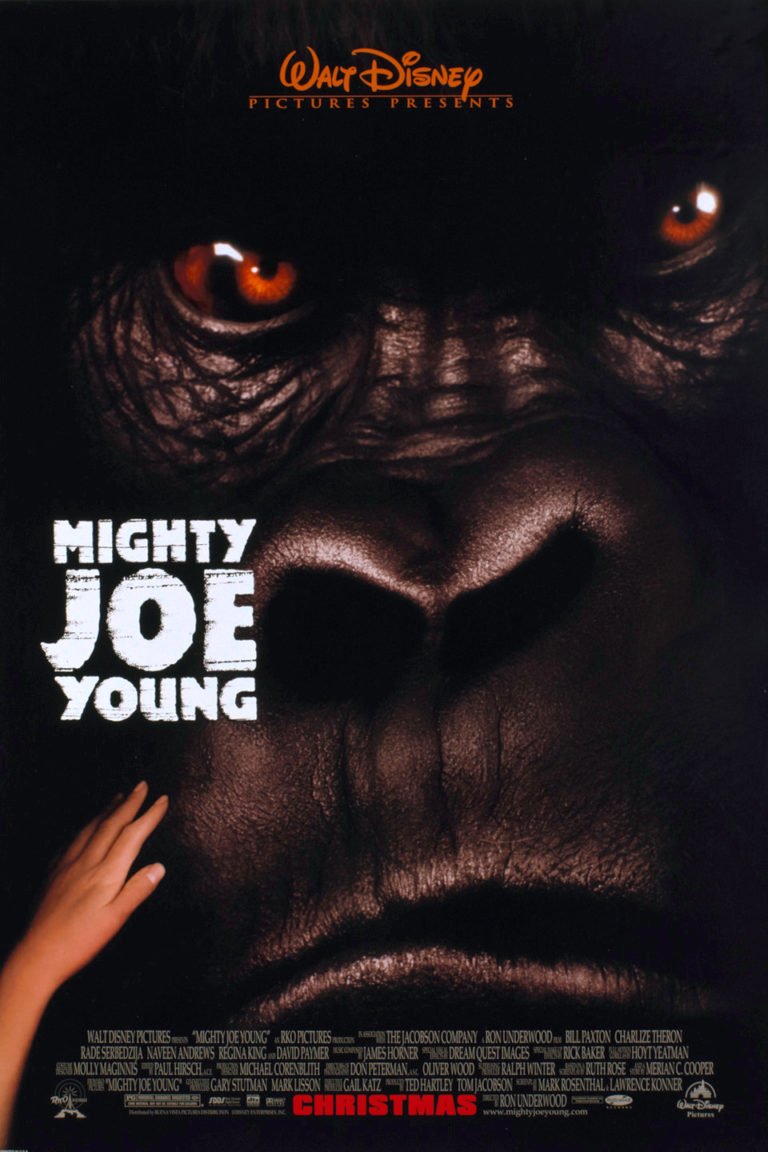Op Ed: A Scene in BLACK PANTHER I Had a Big Problem With
By Ben Kayser, Managing Editor
There’s a lot of cultural beauty throughout the world. Unique traditions and rich history are part of what makes this planet a more interesting place to live. My childhood was surrounded by different cultures because my family hosted hundreds of foreign exchange students from over 20 countries over the course of two decades, and I personally loved it and learned so much about the world because of it. Our family had an entire room that had international trinkets and items that were given to us as gifts from the people that lived with us. It was by far my favorite room in the house, and it grew my appreciation for the greater world that surrounded my Nebraska home.
In American cinema right now, the celebration of international cultures has grown to epic proportions with Marvel’s BLACK PANTHER breaking box-office records by grossing $201 million in its first three-days. This is also right off the heels of COCO from Pixar Animation about the Mexican folklore surrounding the holiday of “Day of the Dead”, as well as Disney Animation’s MOANA which celebrates Polynesian myths and legends. While celebrating international heritage is a wonderful thing, a problematic trend has resurfaced in that many American’s are relinquishing discernment and embracing whole cultures without even questioning certain practices brought in by these cultures. The lie that is being accepted by many American’s is that cultural traditions don’t have any implications on our life and that they’re inherently harmless. This is dangerous. As much as I personally enjoyed the movie as a fun filled action flick, BLACK PANTHER does itself a disservice by ignoring some of the dark, and oppressive rituals it celebrates.
BLACK PANTHER takes place in the fictional African country of Wakanda, which is the most technologically advanced country in the world because of a super strong material called vibranium, which Wakanda mines. Though the nation is incredibly advanced, it still runs by archaic rules, and mystical rituals. When T’Challa, AKA the Black Panther, is set to become the King of Wakanda after his father dies, the five kingdoms that make up Wakanda gather in bright colorful garments, singing cheerful African songs. Before being installed as King, any of the five other tribes are allowed to challenge T’Challa to a fight in order to win the crown for themselves. This ridiculous “might makes right” way of choosing your leaders nearly begins a world war later on in the movie and makes one wonder if Wakanda is as socially advanced as they believe it is.
More troubling however are the religious implications in BLACK PANTHER. Wakanda is fictional, so the movie is more of an approximation of African culture. The filmmakers of BLACK PANTHER at times use dialect from the actual Xhosa-speaking peoples of Africa, and in a few scenes borrow heavily from African rituals. T’Challa consumes a special herb that takes him to the ancestor plane where he can see his dead father. In addition to this, ancestors are worshiped, and while T’Challa is in his trance, people around him repeat “Praise to the Ancestors.” The ancient and pagan ritual’s are a bit fantastical, but they are portrayed in BLACK PANTHER as something beautiful. In reality though, the acts of ancestor worship and ‘healing’ through incantations and rituals led by witch doctors are by definition demonic. As a plot element in a Hollywood movie, it may seem nice to feature a drugged up character who gets to say goodbye to his dead father in an ancestor plane, but in reality, witch doctors are deceiving, robbing, and spiritually enslaving people in Africa today with such practices. I grew up hearing first person accounts from my father, and grandfather of such encounters in Africa, where evil spirits had tormented homes, but found peace when claiming the authority of Jesus over the home. The fact that human sacrifice from witches is still a problem in some countries should be concerning enough. Demonic possession is a very real thing, and Jesus came to set people free from such practices. As much as Hollywood may want to glamorize the very unglamorousness of paganism, I wish BLACK PANTHER didn’t sugarcoat the destructive practice of witchcraft in their ceremonial scenes.
BLACK PANTHER isn’t completely consumed by the witchcraft elements however. There are positive messages about doing the right thing and not isolating oneself from the sufferings of the world. In fact, by the end of BLACK PANTHER, T’Challa begins to see that his ancestors were wrong in some of their choices, and that as the King of Wakanda, he must lead the nation in a better direction.
Pagan practices can easily infect any culture because human nature is sinful, and satan actively works to deceive humanity from following God. Even in my own Swedish heritage, which I strongly relate to and love to celebrate, discernment is required because of the Norse paganism that surrounds so much of it. Aspects of the culture, like the food and the garments, are harmless (unless if you don’t like the traditional dish Lutefisk), while other aspects of my ancestors’ history, legacy and traditions (like the ancient tradition of Lussevaka) needs to be addressed humbly and done away with if it contradicts what God tells us in His word. This is true no matter what your nationality. Don’t blindly embrace every tradition of your culture or heritage. Some will be good, but others will be bad. Like T’Challa in BLACK PANTHER, we should acknowledge the sins of our ancestors, and choose to make better decisions than they made.
This past Thanksgiving Day, my wife and I spent the day talking to a Christian man visiting California from Uganda. Over the course of our conversation, he shared with us the customs and traditions of his tribe pertaining to marriage ceremonies. Some of what he described seemed odd to our western ears, but other aspects were incredibly beautiful in their symbolism and deep meaning. Some ceremonies he described seemed questionable to me, so I asked him how the Church in Uganda handled such practices. He simply said that some practices were clearly pagan and weren’t allowed in the Church, while many others had no Biblical objections to them. It was as simple as that.
When I was young, my father was gone on a missions trip, and my mother and siblings welcomed in a new foreign exchange student from Japan. As was normal, the new person arrived with a gift for the family. Typically, we’d receive candies, or pretty decorations that we could add to our collection. This time the gift we received was a Buddhist idol to whom the man said we could pray. My mother, who spent some of her childhood in Eritrea, is no stranger to spiritual warfare. Not wanting to offend our new guest, she accepted the idol and would wait to decide what to do with it later. Without going into detail, the demonic attack’s that came that night against my mother were very real and very evil. The next morning, the idol found itself in the bottom of a nearby dumpster.
What we let into our homes shouldn’t be trivial. Spiritual discernment is so important in an age that wants to embrace everything except for the teachings of Jesus Christ and specifically the teaching that He is the only way to salvation and eternal life. As we engage with various cultures, heritages, traditions, both foreign, and our own, let’s not throw the baby out with the bathwater; but, let’s also not drink the bathwater, because it’s not clean, it’s bad for you, and it’s meant to go down the drain.
Questions or comments? Please write to us here.


 - Content:
- Content: 

